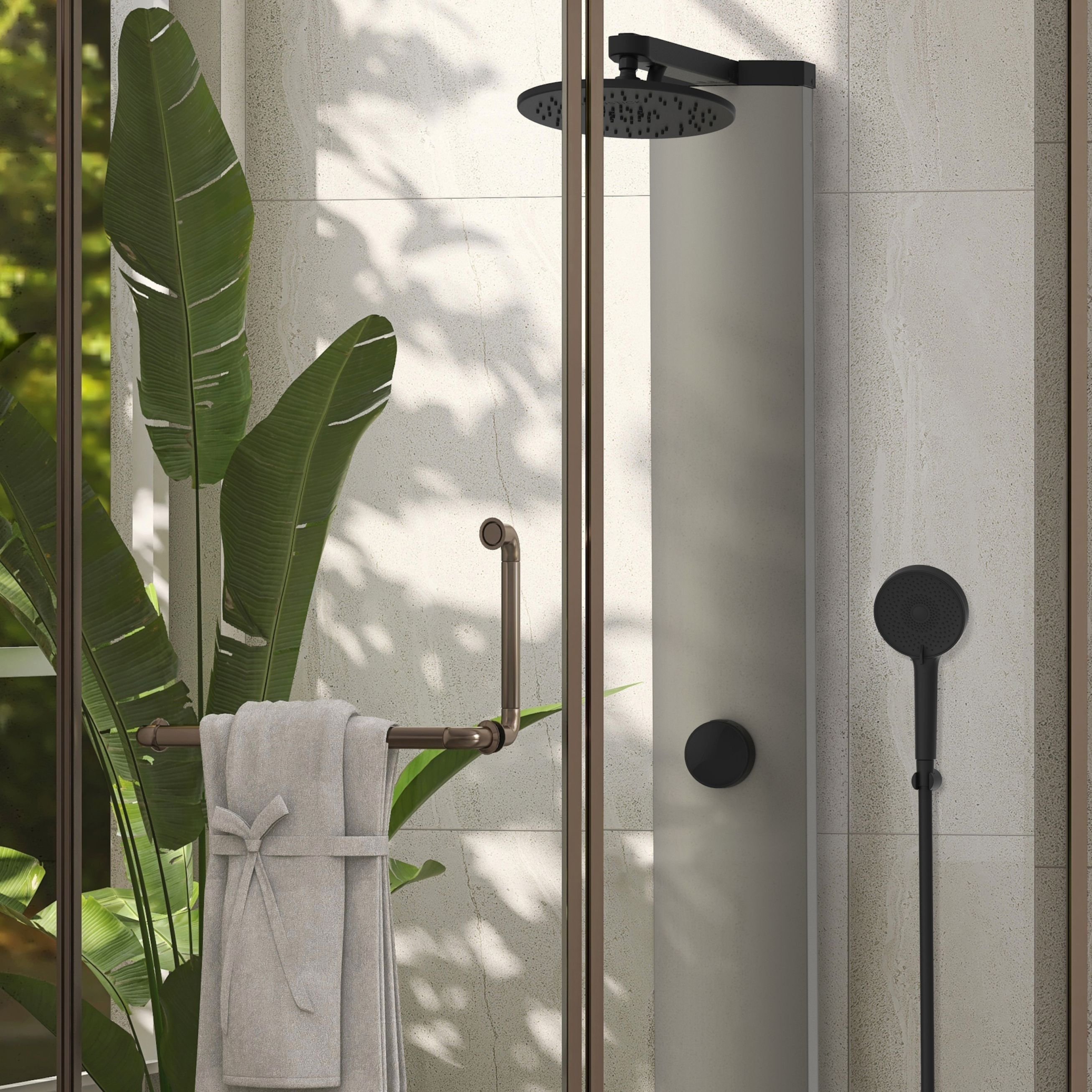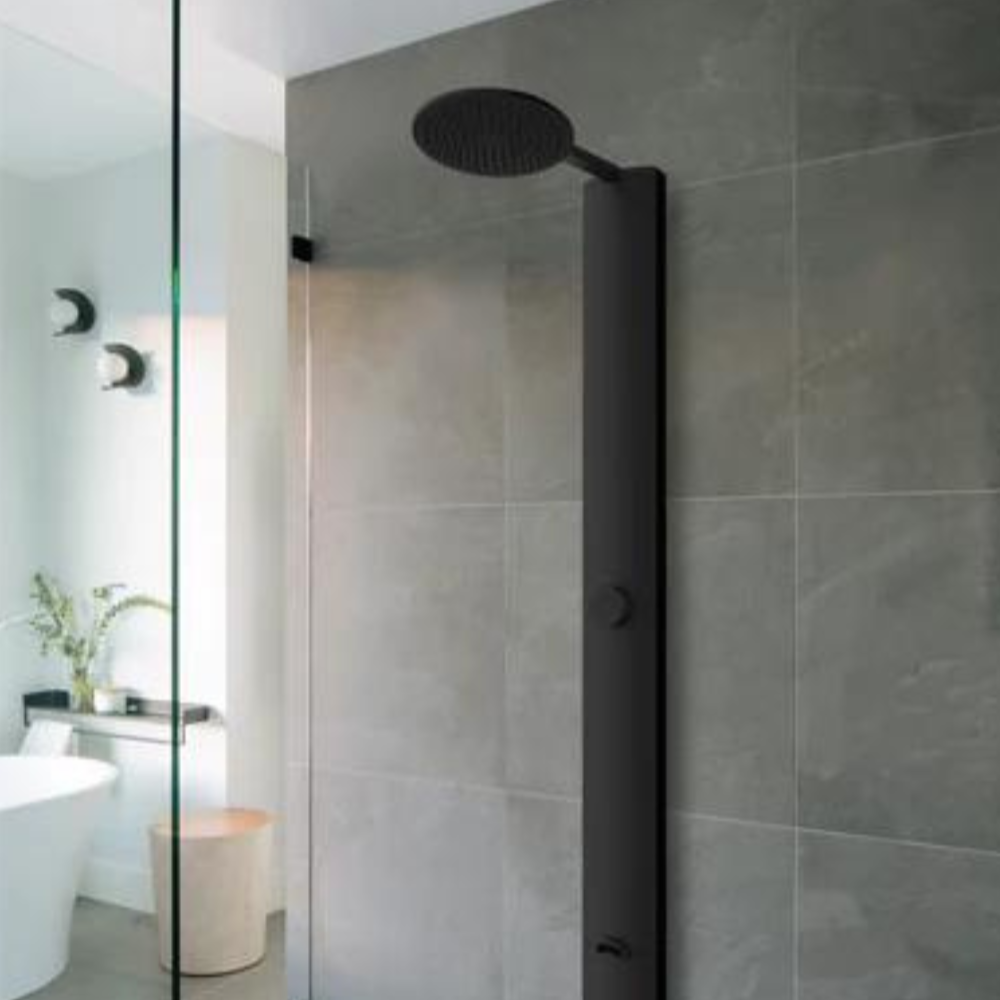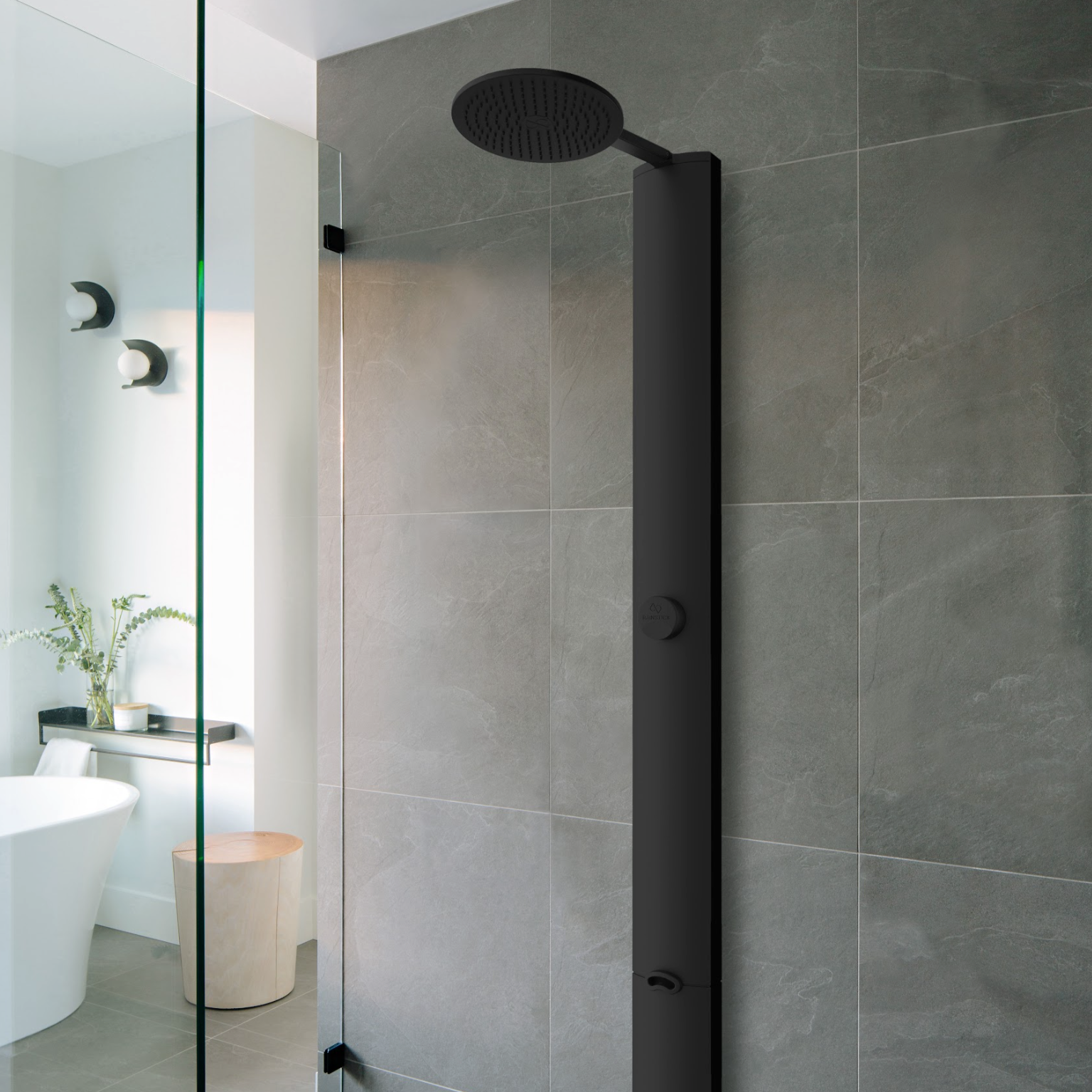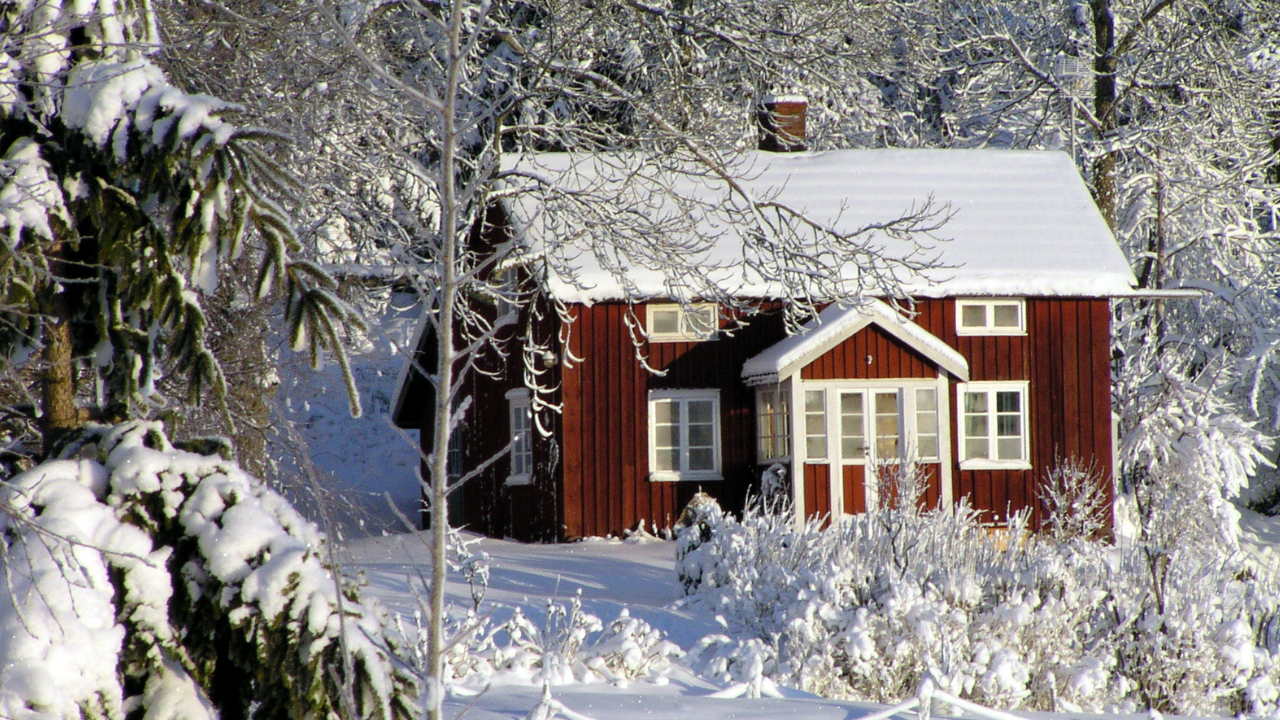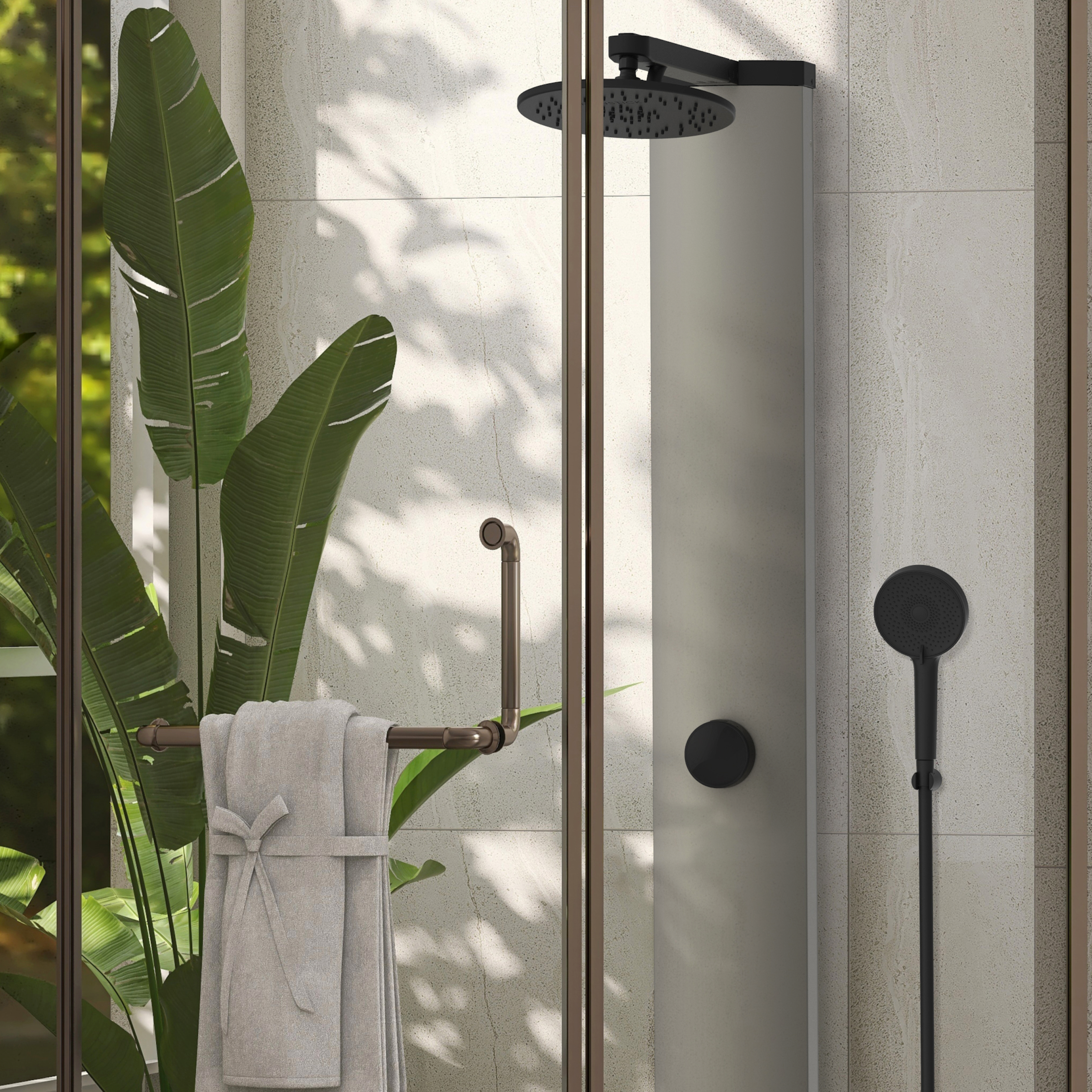Winter brings a season of adventure and reflection for off-grid homeowners. Whether skiing through fresh powder or savoring the stillness of a snow-covered retreat, these moments remind us of the water cycle’s vital role in sustaining life. Did you know snowmelt provides drinking water for millions of Americans annually? Snowfall isn’t just a winter wonder—it’s a critical resource that feeds the water systems many off-grid properties rely on. As climate change alters snowfall patterns and water availability, conserving water has become an essential part of living off the grid.
The Snow-to-Water Connection
Snowmelt is a vital water source for many regions, especially in the western United States, where it accounts for approximately 67% of the water stored in major reservoirs. This natural process replenishes rivers, lakes, and underground aquifers, which are crucial for off-grid homes using wells.
However, climate change is disrupting this cycle. Rising temperatures are reducing snowpack and causing earlier melting periods, leading to decreased water availability in the warmer months. These shifts not only affect water supplies but also increase the frequency and severity of droughts, posing challenges for off-grid homeowners who depend on seasonal replenishment.
The Cost of Waste Water
Even in areas without significant water scarcity, managing waste water remains a challenge. Traditional showers often waste up to 2.5 gallons per minute. This waste not only depletes limited resources but also fills septic and holding tanks faster, requiring more frequent pump-outs.
Waste water management takes on added significance when considering declining snowpack levels and reduced water availability. The strain caused by water waste exacerbates shortages, making conservation efforts even more critical for off-grid homeowners.
The cost of septic tank pump-outs varies but typically ranges between $150 and $500 per service. Remote locations may face even higher costs due to travel surcharges. Frequent pump-outs also lead to wear and tear on systems, increasing maintenance expenses over time.
Snowpack Decline and its Impact on Off-Grid Water Resources
Snowpack levels have declined by an average of 10% over the last 40 years in many regions of North America. This decline affects the timing and volume of water entering rivers and reservoirs, disrupting water supply for urban and rural areas alike. A study by the University of Colorado Boulder predicts that if current trends continue, snowpacks could shrink by up to 60% in the western United States by 2100.
These changes underscore the importance of adopting resilient water systems that can adapt to seasonal variability. Off-grid homeowners who take steps to conserve water now are better positioned to handle future challenges.
Smart Steps for Conservation
Water conservation doesn’t have to mean giving up comfort. By making thoughtful choices and implementing smart solutions, off-grid homeowners can manage water efficiently and sustainably. Here are a few steps to consider:
- Invest in Innovative Solutions: Modern technologies like recirculating shower systems significantly reduce waste water by capturing, cleaning, and reusing water in real time. This minimizes the strain on septic systems while maintaining a luxurious shower experience.
- Winterize Your Water Systems: Insulating pipes and tanks prevents leaks or freezing, ensuring that your systems remain efficient throughout the season.
- Monitor Water Usage: Use smart water meters, water tracking apps, or leak detection systems to track your household’s water consumption. These tools help identify opportunities to conserve and ensure resources are used wisely during peak seasons.
Shared Responsibility for Sustainability
Water conservation is about more than protecting your off-grid home—it’s about preserving the natural cycles that sustain us all. By reducing waste and embracing sustainable practices, you can help protect valuable resources while also reducing costs and environmental impact. Environmental scientist Dr. Stephanie McAfee,
“When we have less snow in the West, it can strain our water supplies. Having less snow directly means less water stored for use in the summer."
Looking Ahead: Sustainability for All Seasons
The steps we take in winter ripple into the warmer months. By conserving water during snowy seasons, off-grid homeowners ensure a steady supply when demand peaks in summer. Every action—whether it’s reducing waste water, preparing systems for seasonal changes, or rethinking how water is used—makes a meaningful difference.
This winter, as you enjoy the beauty of fresh snow, remember its potential to sustain you in the months ahead. By embracing sustainable practices, you can ensure that off-grid living remains functional, fulfilling, and in harmony with nature for years to come.
Ready to make every drop count? Explore recirculating shower technology that align comfort with sustainability. Contact us to learn how you can conserve water without compromising your off-grid lifestyle.


